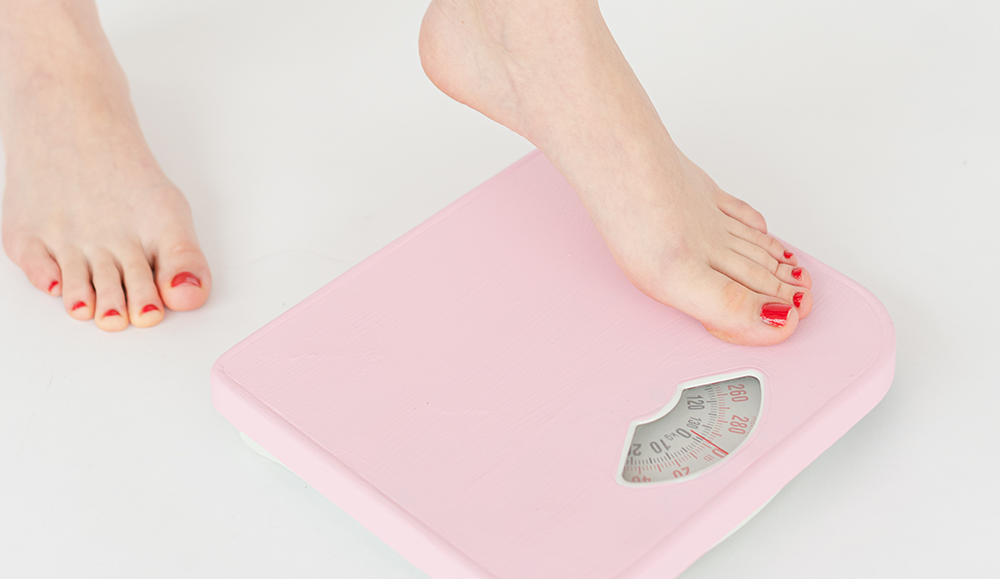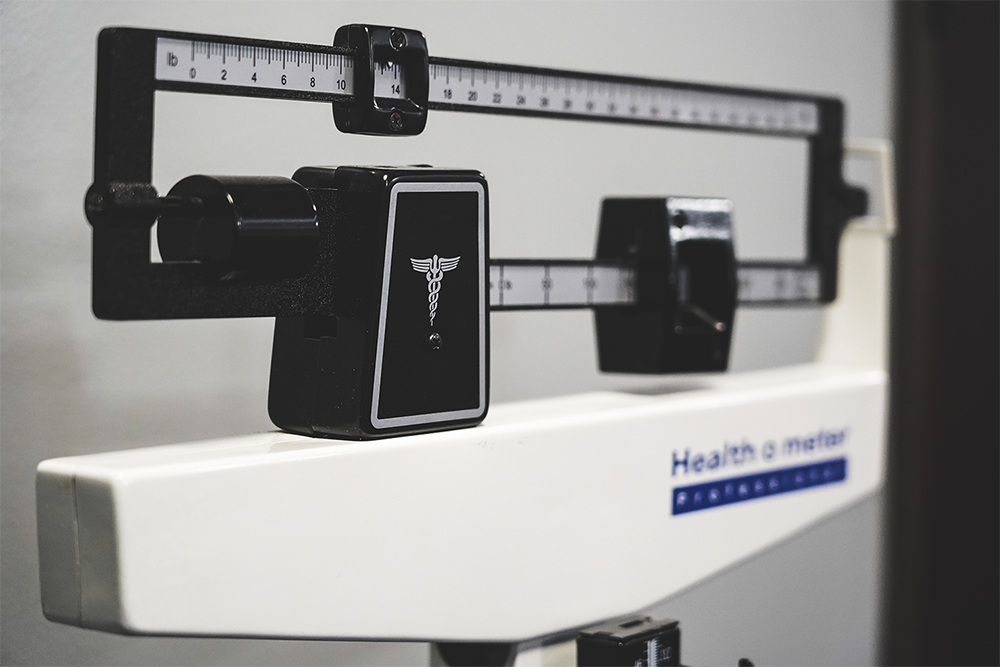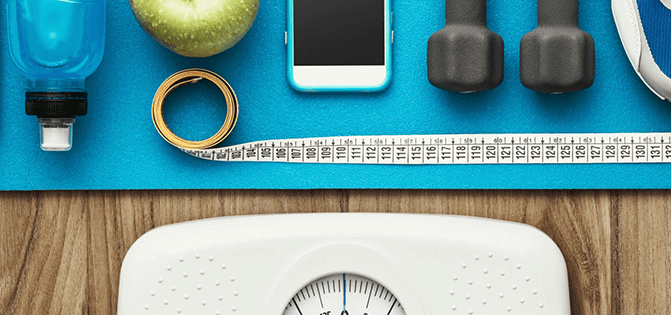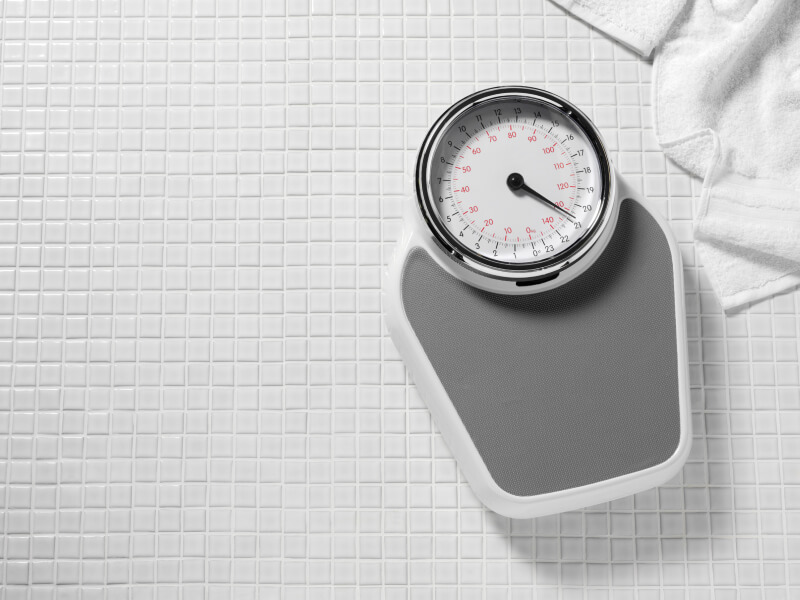When you need to lose 100+ pounds, getting started on a weight loss plan can be daunting. Most of our patients tell us that the weight gain happened over a period of several years, but it is one triggering event that acts as a “wake-up call” to their health. They might’ve held a little extra weight since they were in school. Or, it might not have become noticeable until they were older. Either way, losing weight is something within our control. By changing our lifestyle, we can maintain a healthy body weight. Here at six tips to help you lose 100+pounds and maintain that weight loss long term.
 Tips to Lose 100+ Pounds and Maintain Your Weight Loss
Tips to Lose 100+ Pounds and Maintain Your Weight Loss
1. Start Tracking Your Calories
Your body can only put on weight whenever you’ve got a caloric surplus. Each day, we burn a certain number of calories. If we eat more than that, we’ll gain weight. Eating fewer calories than you burn is the best way to lose weight. So, it is important to start tracking how much you’re eating if you are trying to lose 100+ pounds.
Staying under your caloric baseline will mean you’re in a caloric deficit. When your body needs calories, it’ll have to take them from stored body fat. Don’t try to maintain too steep of a deficit, though. This will make it more difficult for you to stick with the diet. Try limiting your daily intake by 10 to 15%, then, as you progress, you can cut your caloric limit by more.
2. Switch to a Ketogenic Diet
Maximize your weight loss by switching to a ketogenic diet, a diet that focuses on protein and fat. Without enough carbohydrates, your body will enter ketosis. It burns ketone bodies as its primary fuel source whenever it’s in this state of ketosis.
Switching to ketosis takes a little time, but it pays off. Soon enough, you’ll start burning fat instead of glucose. So, you’ll begin to lose weight rapidly.
3. Weigh Yourself Once a Week
One of the biggest problems people have when they’re losing weight, especially if they are trying to lose 100+ pounds, is scale freight. They’ll start weighing themselves every day. Then, they’re discouraged when they don’t see progress daily. Losing weight isn’t something that happens in a straight line. It’s normal to fluctuate a bit day-to-day. Tracking your weight once a week should give you a better picture of what’s happening. You should be looking for a steady decline. As long as that’s the trend, you’re doing well. If things start to reverse, you’ll need to cut calories and limit your carb intake even more.
4. Develop Active Hobbies
Spending all your time at the gym probably isn’t feasible. Even if you had the time, you wouldn’t want to stay there all the time. The best way to increase your activity levels would be to develop active hobbies. Going for a walk after you’re done working is a great start. Try walking 10,000 steps each day. You can also start doing other sorts of activities. For example, rent a kayak or go for a bike ride with the family.
5. Log Your Progress
Once you have lost the weight, you will want to focus your efforts on keeping the weight off, which requires a lot of willpower. We’ve found the best way to stay on track is by logging your progress. Take notes on what you’re eating each day and keep track of your progress whenever you look at the scale. There are some great apps out there that can assist you with achieving and maintaining your goals.
When you’ve hit your goal weight, don’t change anything. Pay attention to what you’ve been doing to reach this point. Maintaining your weight loss means living differently and you’ll need to keep these new habits otherwise, your weight will begin to creep back up.
6. Consider Bariatric Surgery
If you have a history of yo-yo dieting (losing a lot of weight and then gaining it right back) or have a health condition where weight loss can be more challenging, bariatric surgery may be the best option for you. Weight loss surgery limits your caloric intake by reducing the size of your stomach, and you will quickly see the weight come off within the first few months following surgery. Find a bariatric provider in your area to see if bariatric surgery is right for you.
Lose 100+ Pounds, For Good
Trying to lose 100+ pounds requires a lot of effort, especially once you get started. However, your daily actions will form healthy habits that will create a lifestyle shift over time. Soon enough, as you begin to see and feel your progress, you will be motivated to keep going!
This article was originally written by a blog contributor, Elizabeth Howard




























